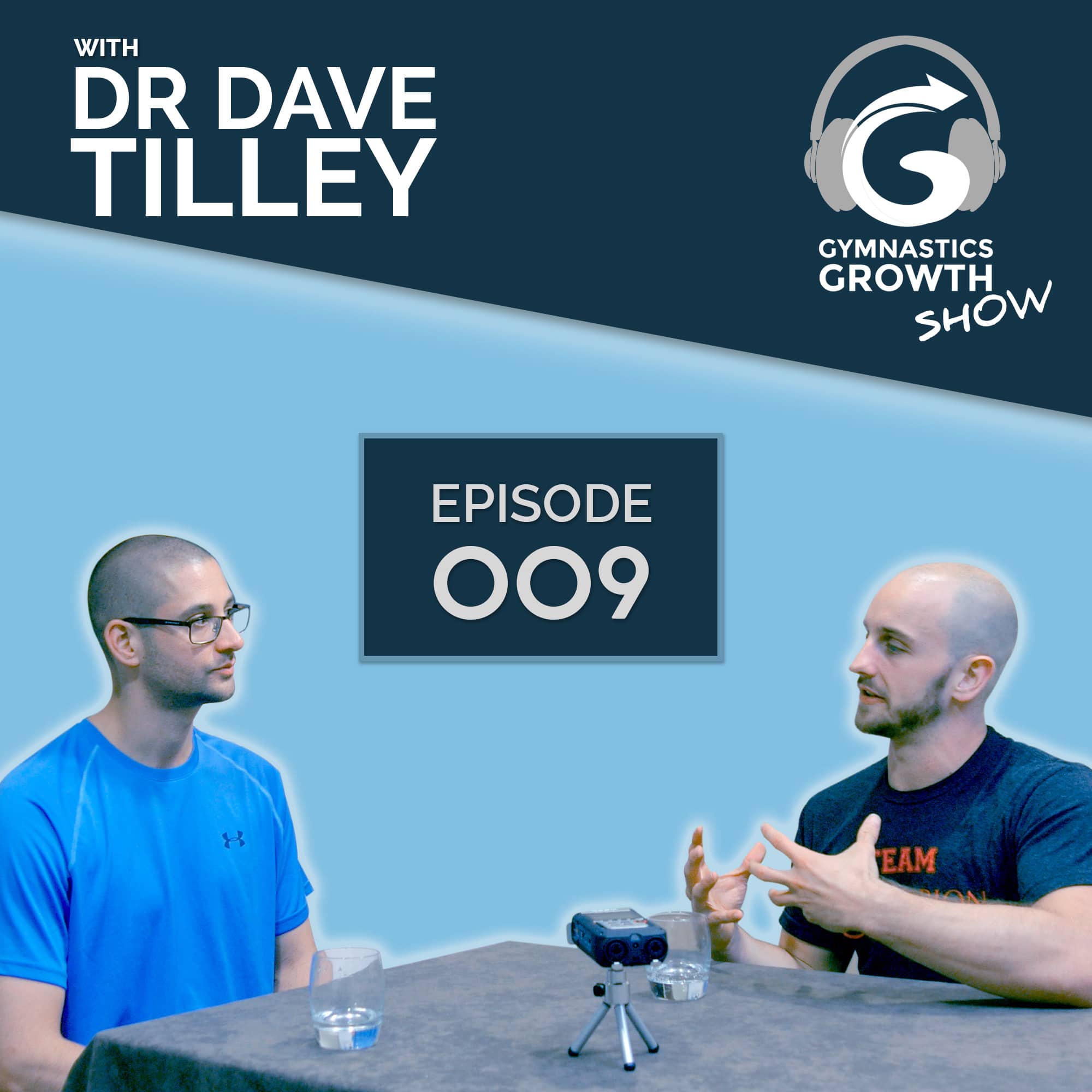How to Prevent Coaching Burnout and Find Your “Why”
Most of the time in gymnastics, we talk about how to keep gymnasts happy and performing at a high level. We rarely consider the same concept for coaches. How do we make sure that as coaches we stay happy at work? How do we make sure as coaches we just don’t spiral into getting burnt out and frustrated all the time at practice?
I know this problem all too well. To be blunt, a few years ago there were weeks when I absolutely hated being at practice. I really considered stopping coaching. I felt super stressed out all the time, I had a very short fuse working with gymnasts I coached, and I also felt incredibly frustrated having to manage pressures from both parents and gymnasts to perform.
I’ll be even more blunt about this part too. Far too often as coaches we don’t hold ourselves accountable as a reason for our chronic stress and frustration in the gym.
We’re quick to blame the kids for not working hard enough, are quick to blame parents for trying to coach, or are quick to blame our coworkers for the way they act. Do these things make a difference? Absolutely. Don’t get me wrong, they are real and exist in every gym. They can definitely make get you fired up. But, honestly ask yourself: are they things you can control? I don’t think so.
There will always be gymnasts who are hard to work with, parents who overstep their boundaries, and about a thousand other things causing you to stress every day: traffic, crappy weather, people gossiping on social media, accidental injuries, and the list goes on. When you really think about it, you can’t control these things. But, we can definitely control how we react to them. Quoting one of my favorite sayings I try to think about, “No one can ruin your day unless you let them”.
Am I saying you should see everything through rose-colored glasses, never get agitated, and not show emotion? Absolutely not. I’ve had my fare share of struggles trying to listen to the exact same advice I give to gymnasts I work with. But, we do need to keep our emotions on a leash to prevent them from really burying us in toxic stress.
We need to take it upon ourselves to be self-aware about areas where we can grow as leaders, and at the same time work to control our environments as much as possible. I have found this is best done through focusing things we really can control: our beliefs and our actions.
A few months ago at GymCon2018, I was asked by my good buddy Nick Ruddock to sit down for another epic podcast interview. We dug deep into coaching philosophy, how to have a growth mindset, and how to stop feeling like your barely keeping your head above water all the time. Out of all the podcasts that I have done, this one by far was the most radically transparent and honest I think I’ve been about gymnastics.
Using the book launch and all the drama that is happening in our sport currently, I explained to Nick some of the most massive transformations I have gone through as a coach, medical provider, and role model. A lot of it came from having some really harsh moments of clarity on how much I didn’t know, and the arrogance I portraited as a younger coach. I shared a lot of tips for what I learned from studying people who were going through similar growth processes.
If you are looking for literally all my thoughts on coaching development, the first section of my new book outlines all the philosophies, ideas, and concepts I use every day with athletes and teach people around the world, you download find it for free here via SHIFT’s newsletter
The Gymnastics Culture and Personal Development Guide

Building Great Gymnastics Cultures
We take our privacy seriously and will never share your information. Click here to read our full privacy policy.
You can find the entire podcast by clicking the link below.
The Gymnastics Growth Show Episode 9: Dr. Dave Tilley
I hope you find the information valuable! Have a great week,
Dave
Dave Tilley DPT, SCS, CSCS
CEO/Founder of SHIFT Movement Science





